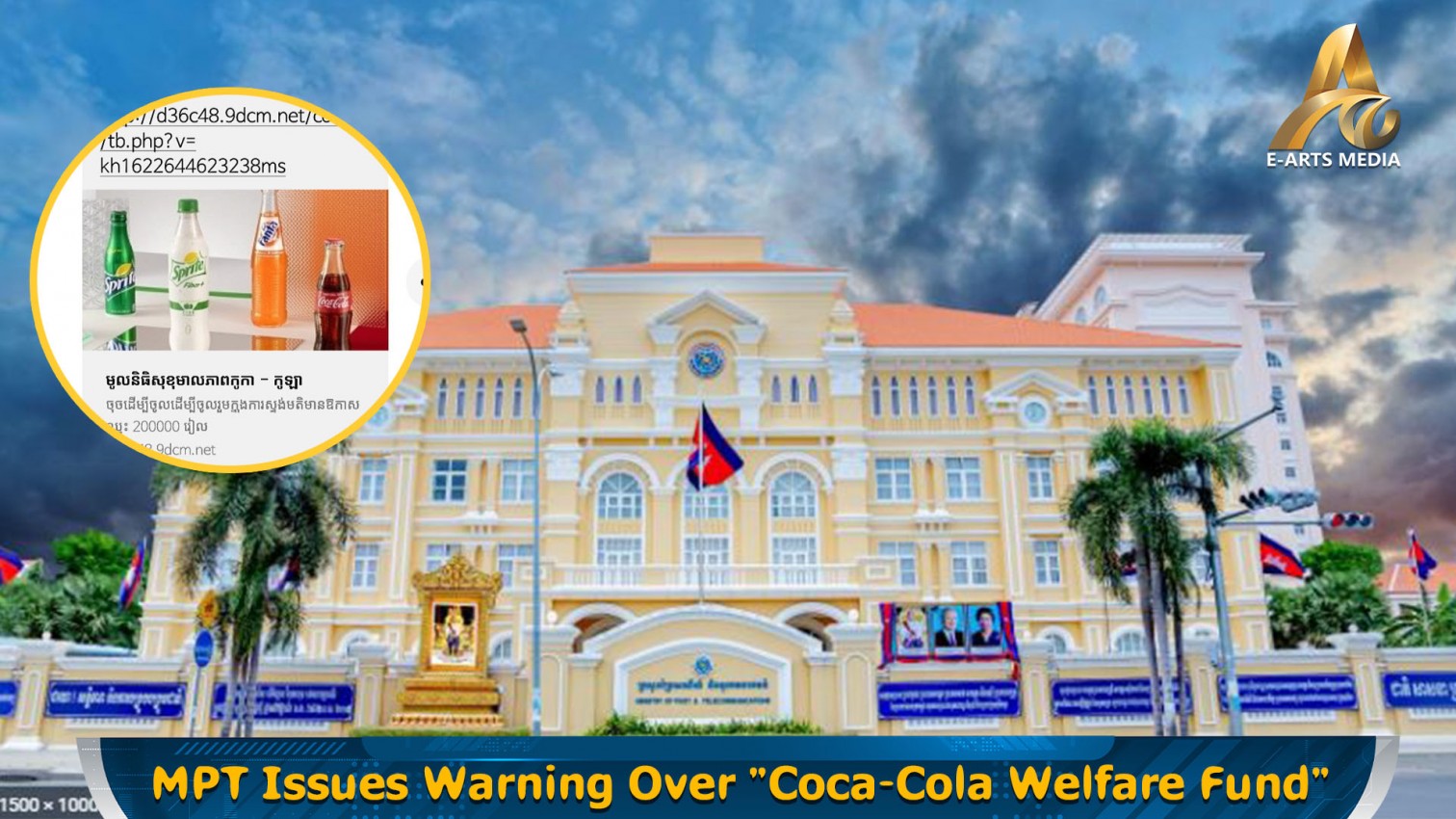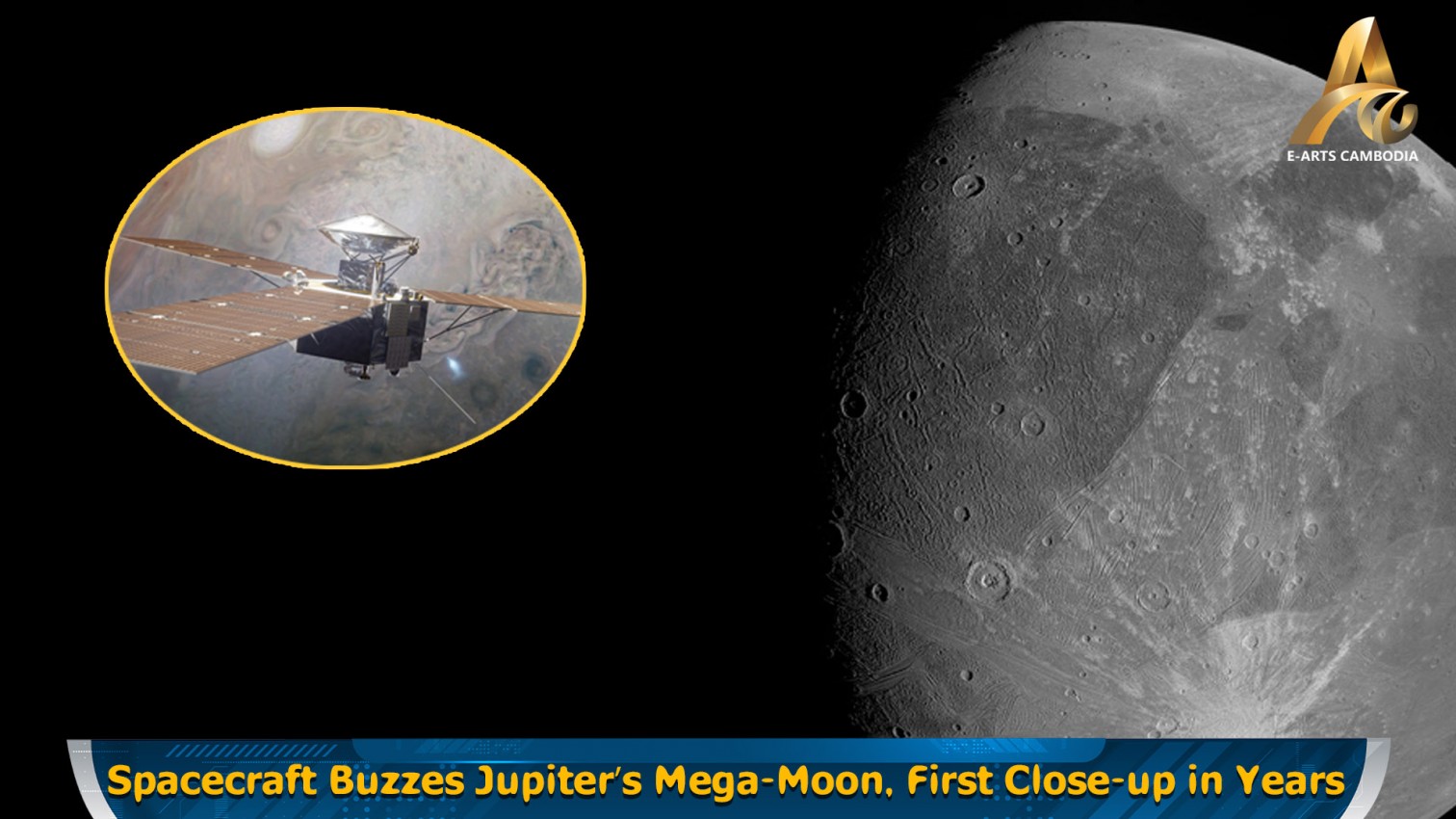PHNOM PENH: This year marks the 70th Anniversary of the Establishment of Diplomatic Relations between Cambodia and Australia. One of the ways the Australian Embassy in Cambodia decided to commemorate this milestone was by partnering with, and supporting, the 11th Cambodia International Film Festival (CIFF) to celebrate both Cambodian and Australian cinema.
The 11th CIFF featured a special 'Australian Panorama,' showcasing 20 films from Australia that span the past seven decades since diplomatic relations were established between Cambodia and Australia in 1952. According to CIFF, the 20 films in the panorama were chosen for how they reflect the huge growth and prominence of Australian cinema, especially from the 1970s onwards, and as a fascinating point of contrast with the huge growth in Cambodian cinema and creative arts in the 1960s.
The panorama’s curator, Richard Kuipers, also confirmed that it was the largest Australian retrospective program presented at any Southeast Asian film festival in history.
The Australian Panorama kicked off on 29 June with the 2012 musical-comedy drama ‘The Sapphires,’ directed by Wayne Blair. The film tells the story of a talented Aboriginal Australian girl group that travel to Vietnam to entertain U.S. troops in 1968. It is based on a 2004 stage play of the same name, which itself was loosely based on a real-life girl group from the 1960s.
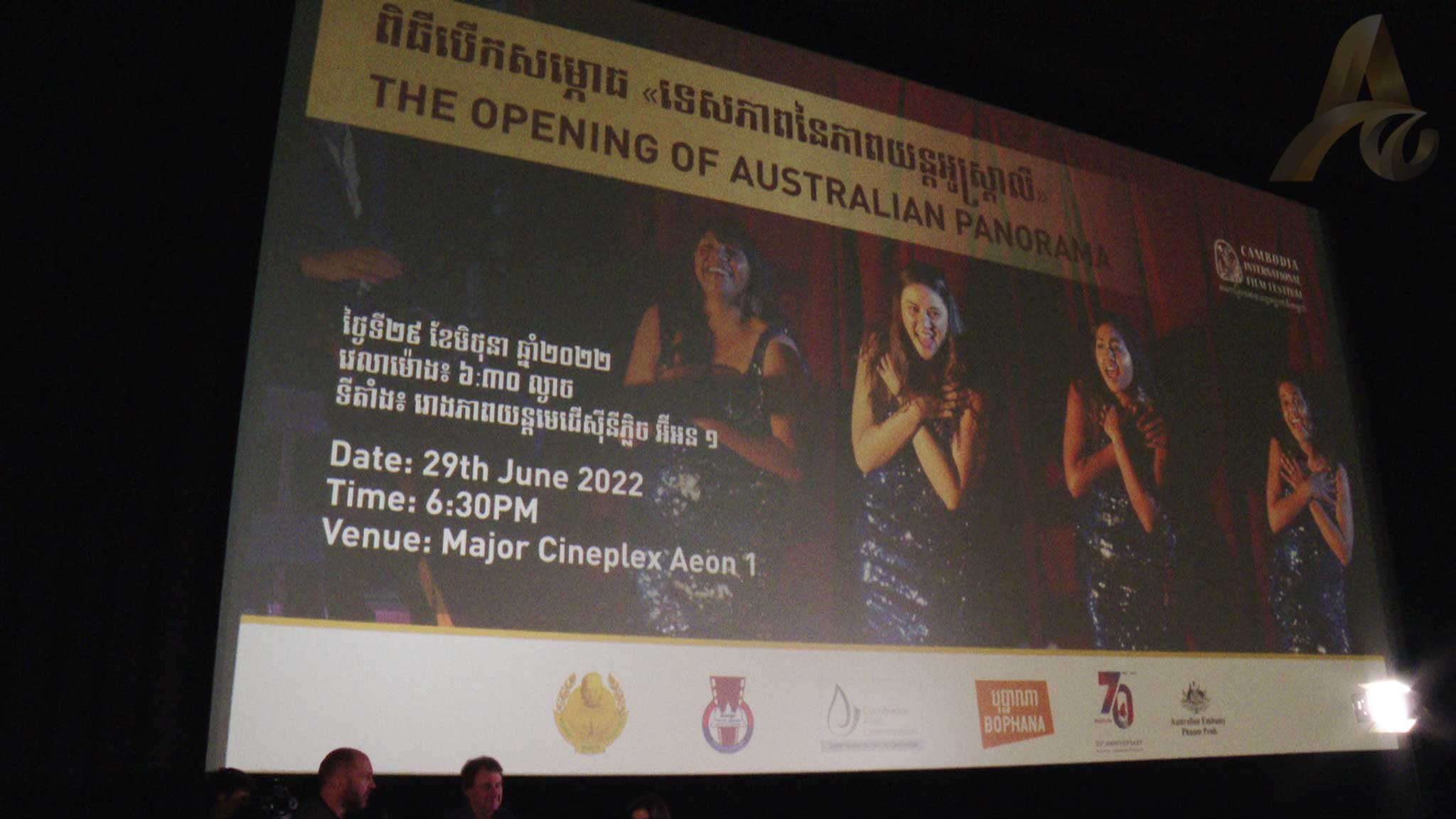

The First Secretary of the Australian Embassy in Cambodia, Ben Cumming, spoke with EAC News after the opening screening at Major Cineplex, Aeon 1, and explained that ‘The Sapphires’ was chosen to open the festival's special focus on Australian cinema because of its feel-good nature.
“Obviously, it’s got some really complex undercurrents that are important to us in terms of our indigenous diplomacy agenda, but it’s also just a really good, feel-good film that sort of showcases Australia really well,” he said. “We thought it was a perfect choice for the opening of the panorama of Australian cinema.”
Regarding why the Australian Embassy decided to collaborate with the festival to commemorate the 70th anniversary of diplomatic relations, First Secretary Cumming said it was all about celebrating cultural links between people.
“There’s about 66 thousand Australians that have Cambodian heritage, [which is] about the size of Kampong Thom,” he said. “And we thought the film festival is a great way to showcase Australian culture and help celebrate the cultural and people links that continue to bind our relationship. . . . bringing people together, learning a little bit more about each other’s cultures is a great way to do that.”
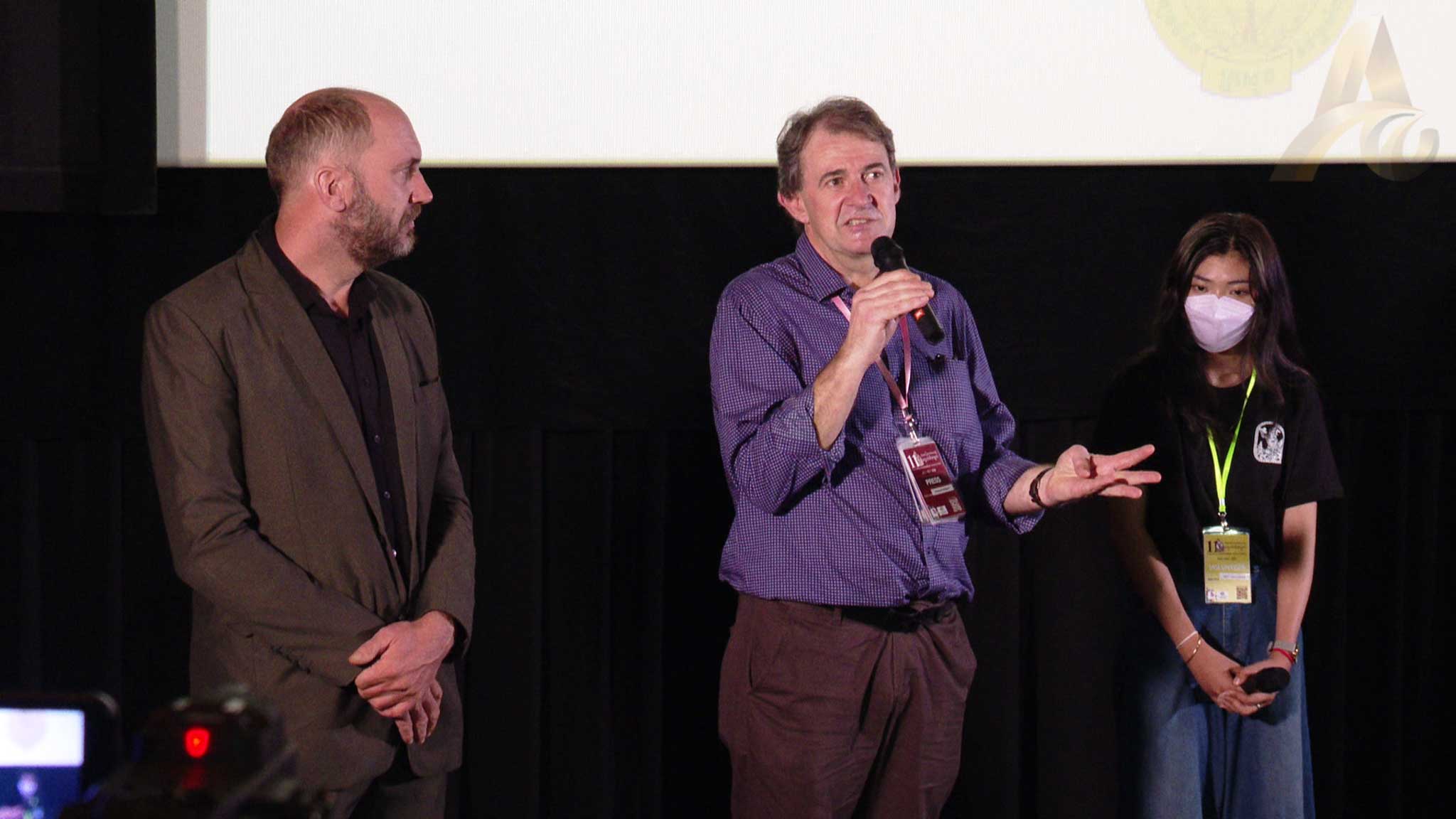
The panorama was curated by Variety film critic, producer and festival curator, Richard Kuipers, who has been involved with CIFF and attended every single iteration of the festival since it first began. When choosing the 20 films, he said what he looked at most was presenting a broad cross section of Australian cinema and Australian life which could still be accessible enough for most audiences to understand.
“I chose some wonderful comedies, such as ‘Priscilla, Queen of the Desert’, and ‘Malcolm,’ which was one of the most successful films in the program,” said Kuipers.
“I also wanted to show some of the more dark aspects of Australian society, films such as ‘Wake in Fright’ . . . A film like ‘Jedda,’ about Aboriginal issues 70 years ago, that paint a very critical picture. I think this is important, because you need to show the aspects of the society in all its diversity to present a true picture.”
Other prominent titles featured in the panorama included George Miller’s 1981 classic, ‘Max Max 2,’ Baz Luhrmann’s ‘Strictly Ballroom,’ Henri Safran’s ‘Storm Boy,’ and Jennifer Kent’s ‘The Babadook.’ The 2019 film ‘Buoyancy,’ which featured a Cambodian lead and was partly shot in Cambodia, was also screened.
During the six-day festival, Kuipers had one of the busiest schedules going back and forth from different venues across Phnom Penh to introduce as many films from the panorama as possible.
“It was really important for me to introduce the films, and I introduced every single film that I possibly could, except when there was a clash,” he said.
“I couldn't do it every single time, but I watched a lot of films with the audience and spoke to audience members afterwards to get their reactions and get their response, and [I was] really pleased with the responses that I got.”
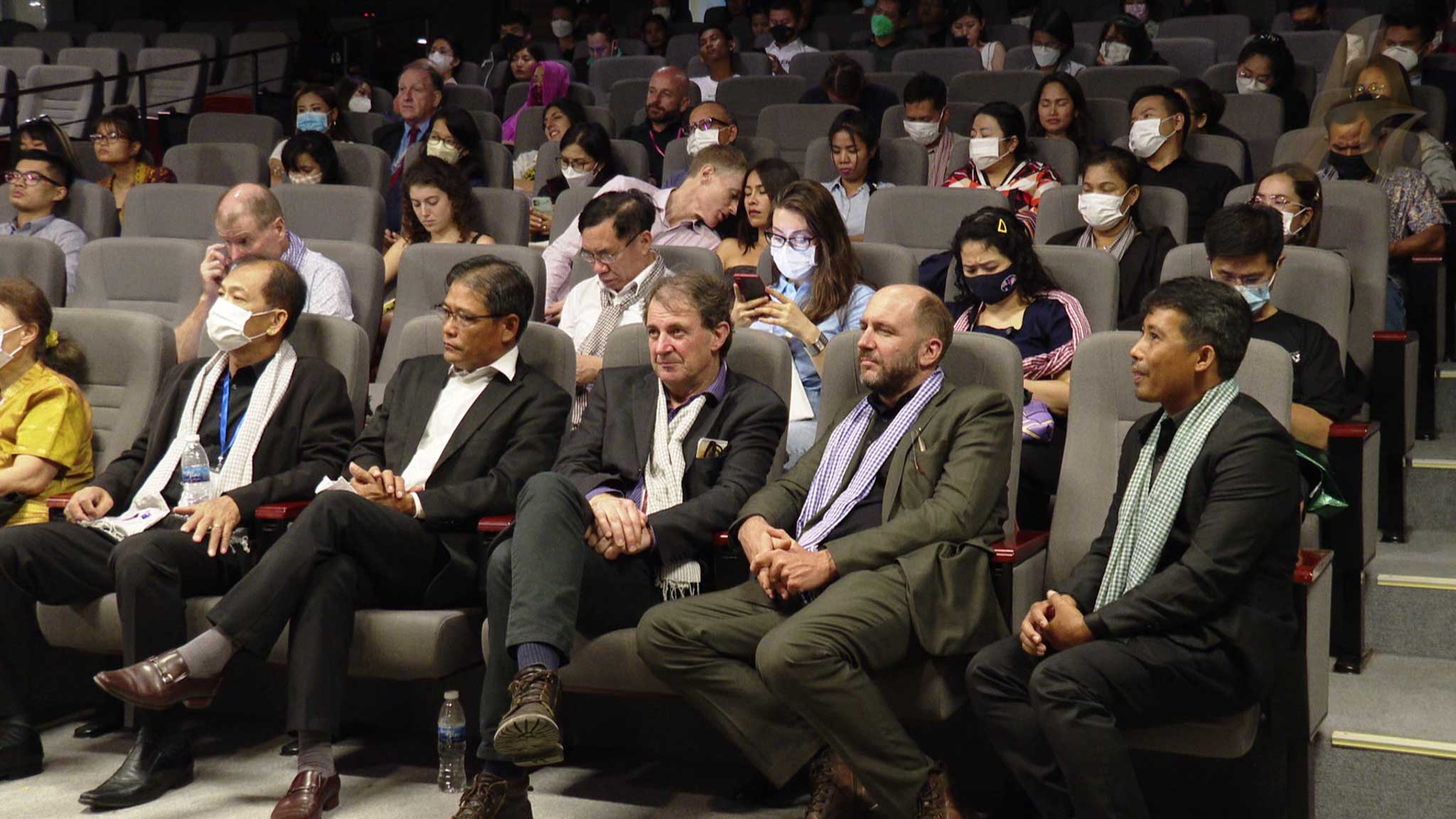
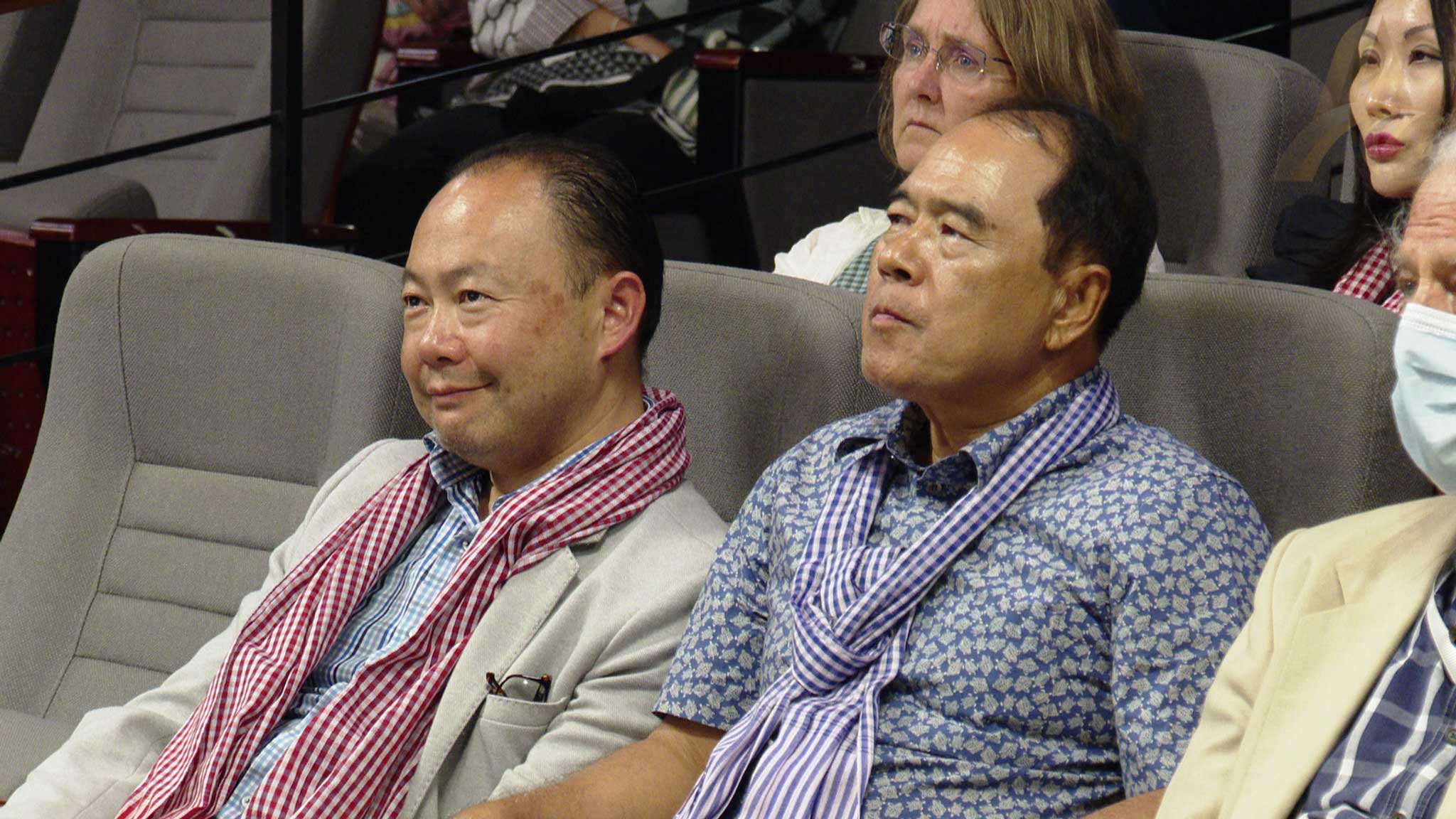
The last day of the 11th CIFF on 3 July also marked the closing screening of the Australian special focus program. The closing film, ‘Lion,’ was personally chosen by the Australian Ambassador to Cambodia, Pablo Kang.
Speaking with Ambassador Kang after the program ended, he explained that the collaboration between the Australian Embassy and CIFF had first started before the pandemic struck.
“It was actually in 2020, when the 10th edition of the Cambodia International Film Festival was launched, that we started our collaboration,” he said.
“We had a couple of Australian films showing in that festival at the time, but if you recall, it was March 2020 and pretty much almost as soon as the festival started, Covid descended upon Cambodia and the government had to close cinemas . . . But we had always hoped that once Covid had been brought under control that we could do an even bigger collaboration with the Cambodia International Film Festival and this year was the perfect timing for that.”
He added that it was thanks to the vaccines and the support that Australia and many other countries provided to Cambodia’s fight against Covid-19 that cinemas were able to reopen.
“We were able to bring at least 20 Australian movies as part of the panorama of Australian cinema to Cambodia for the festival, and also to celebrate the 70th anniversary of the establishment of diplomatic relations between Australia and Cambodia,” he said.
Ambassador Kang further elaborated that the Embassy’s support of CIFF was also based on the belief that the foundation of any strong relationship between two countries is in the people-to-people connections, which is especially evident through arts and culture, of which film is a very big part.
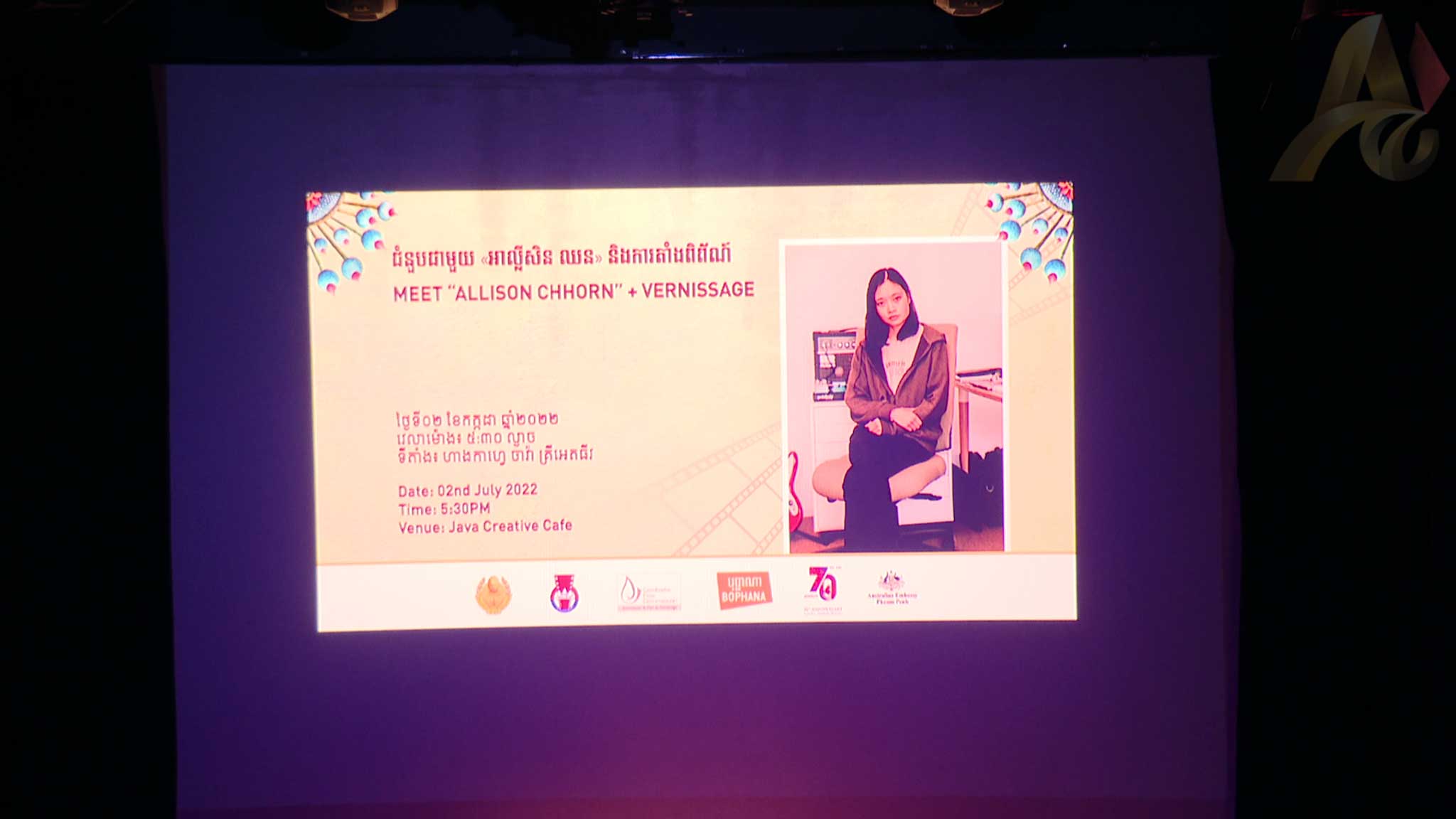
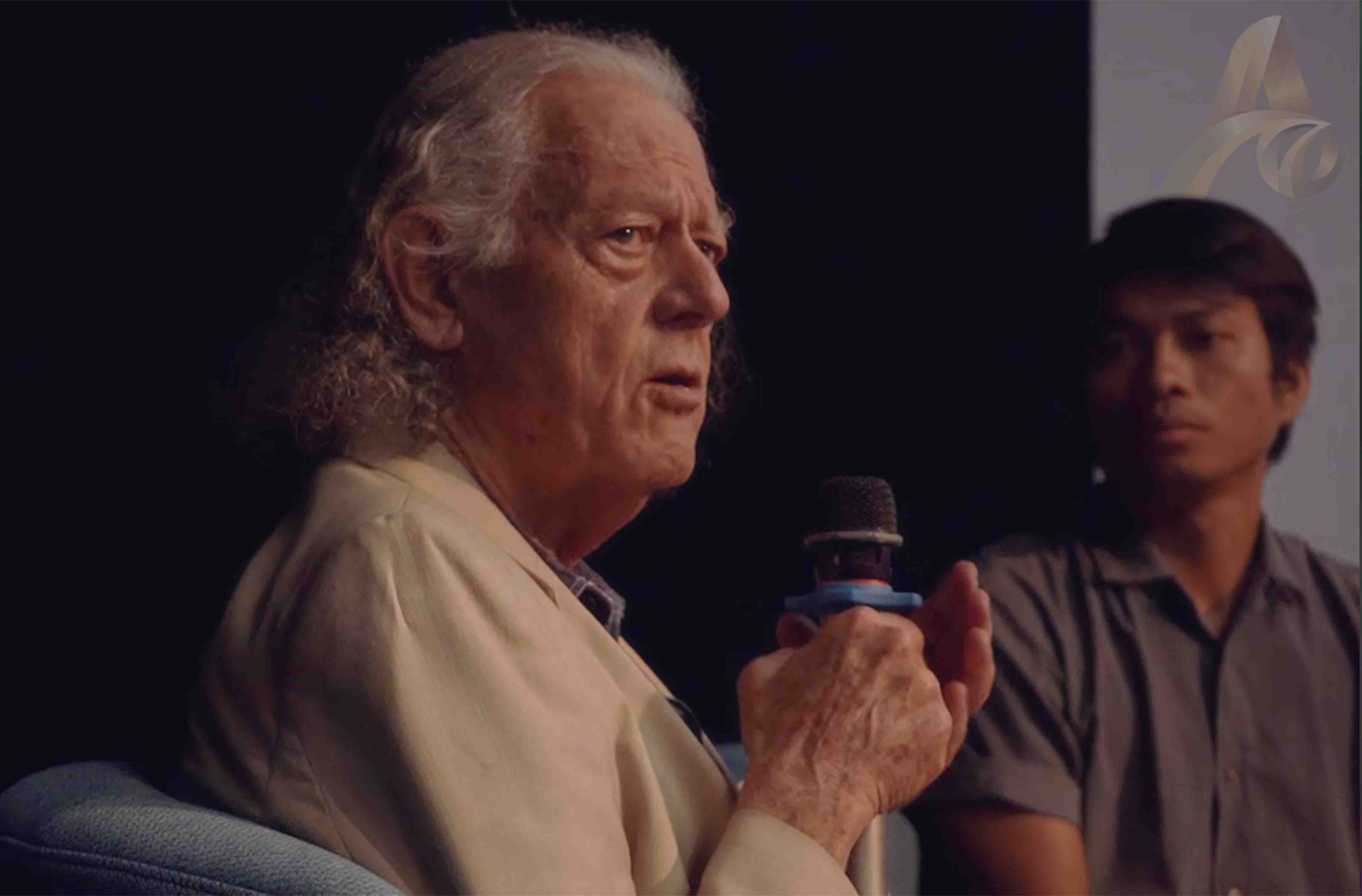
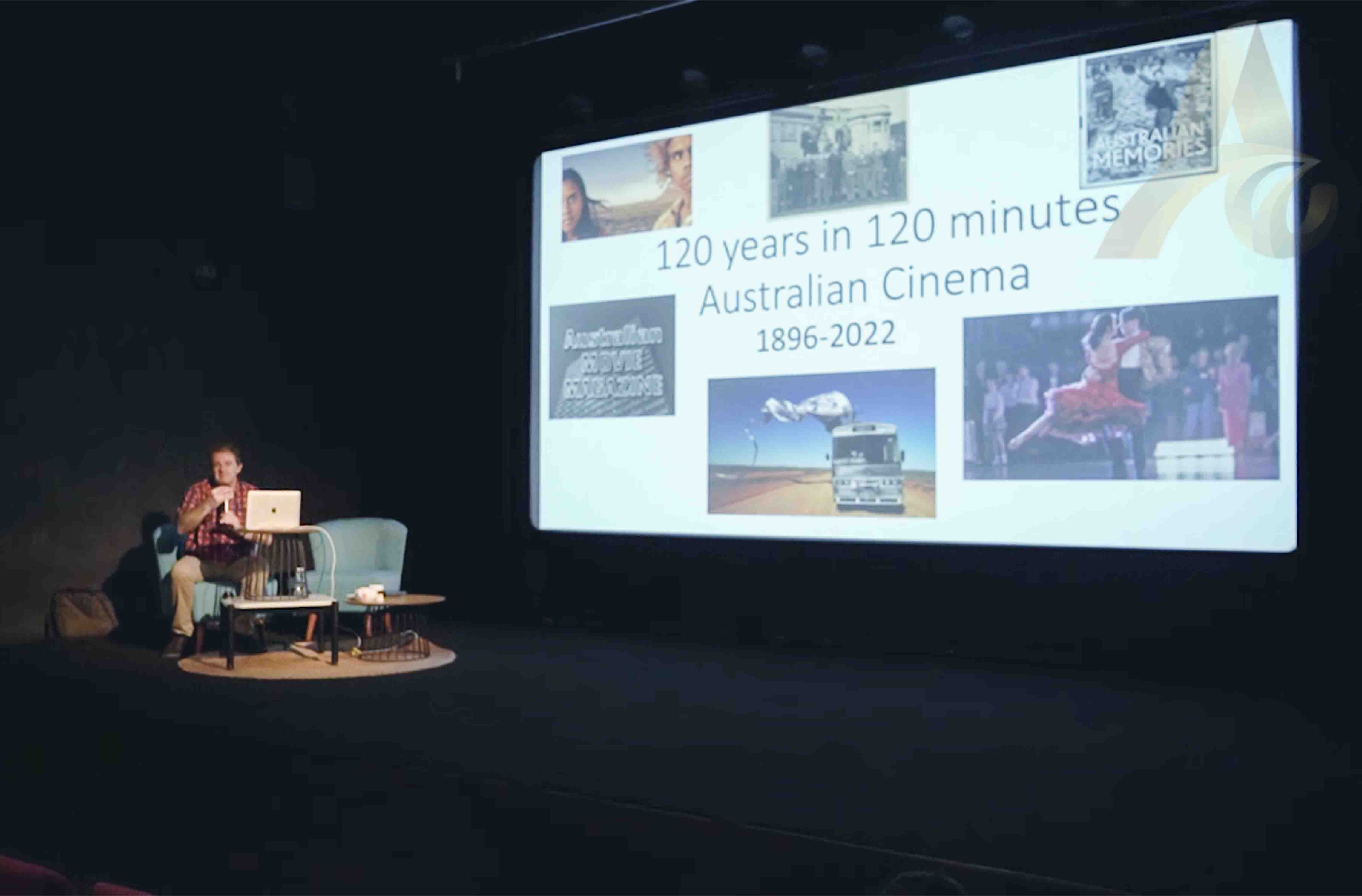
In addition to the panorama program, the film festival also featured a number of other Australian touch-points. There was the special exhibition on Australian-Cambodian film director, Allison Chhorn, who flew in from Adelaide to present her work in Cambodia for the first time, a special film discussion presented by veteran documentary filmmaker, James Gerrand, who has been filming in Cambodia since the early 1970s, and a masterclass presentation by Richard Kuipers on the 120-year history of Australian cinema.
The Cambodia International Film Festival (CIFF) returned for its 11th edition in 2022, after a two-year pandemic-induced hiatus. The festival was held from 28 June to 3 July at various venues across Phnom Penh, featuring 144 films from 26 countries, and 36 additional events, including masterclasses, cinema talks and discussions.
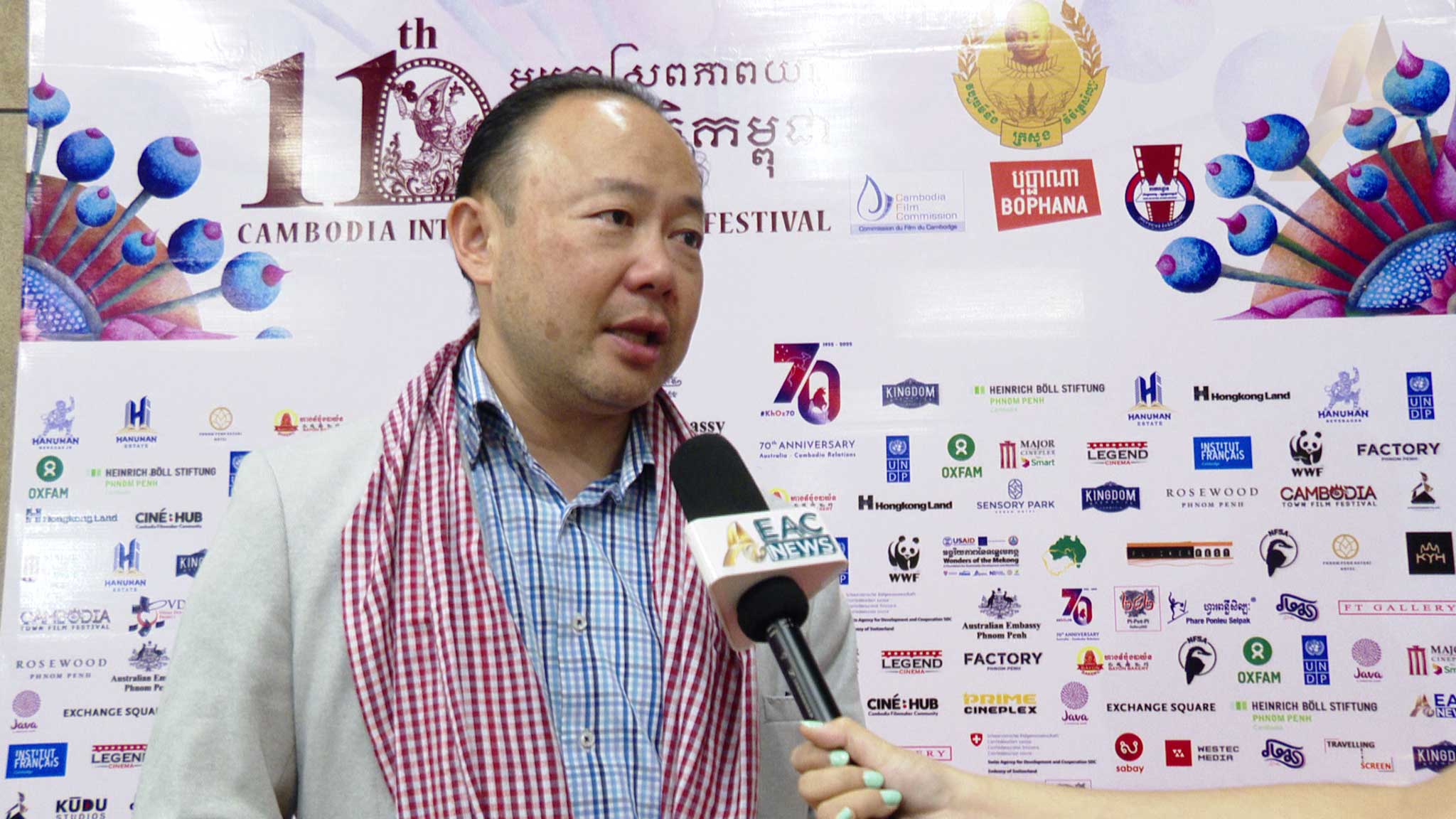

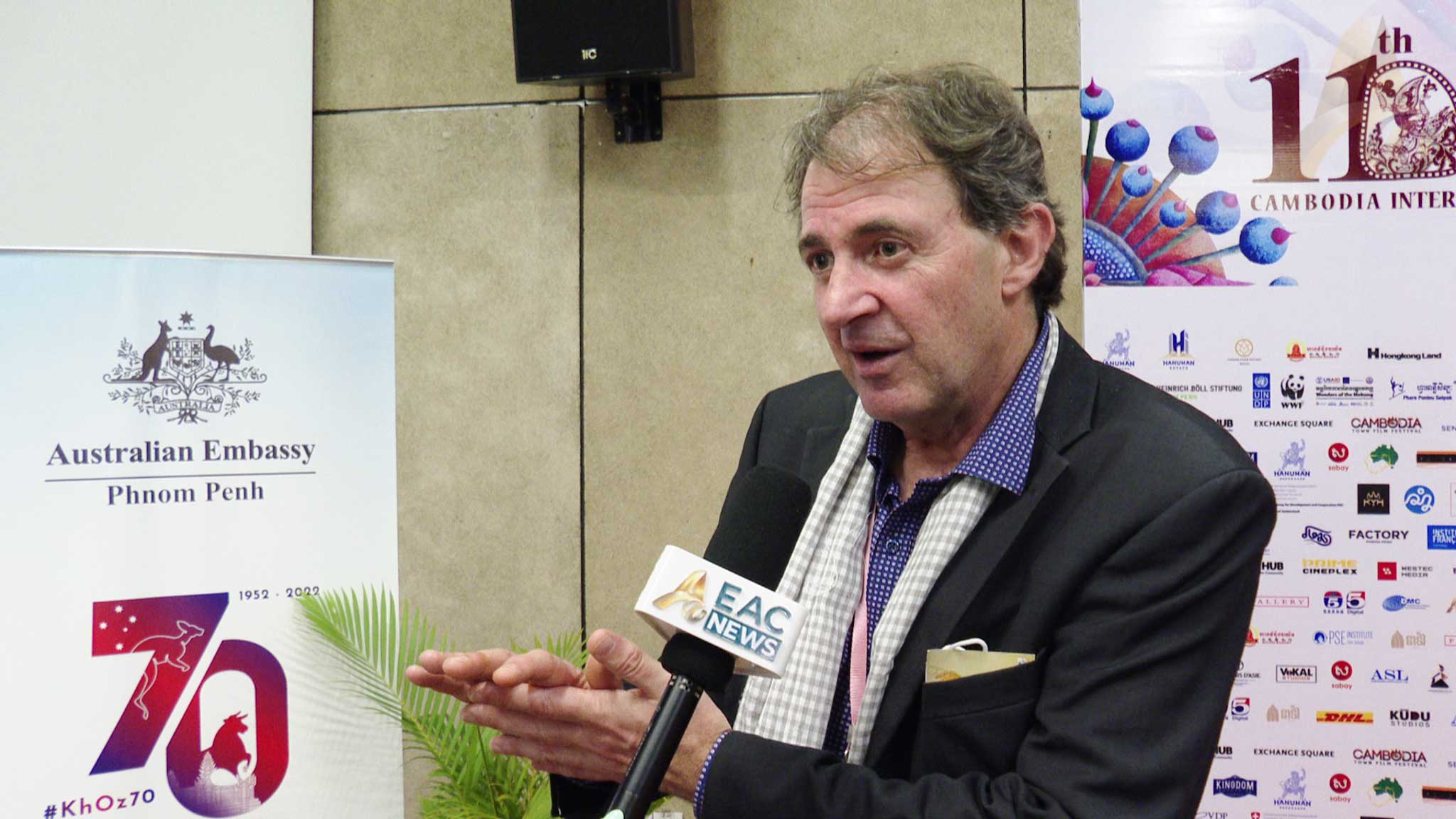
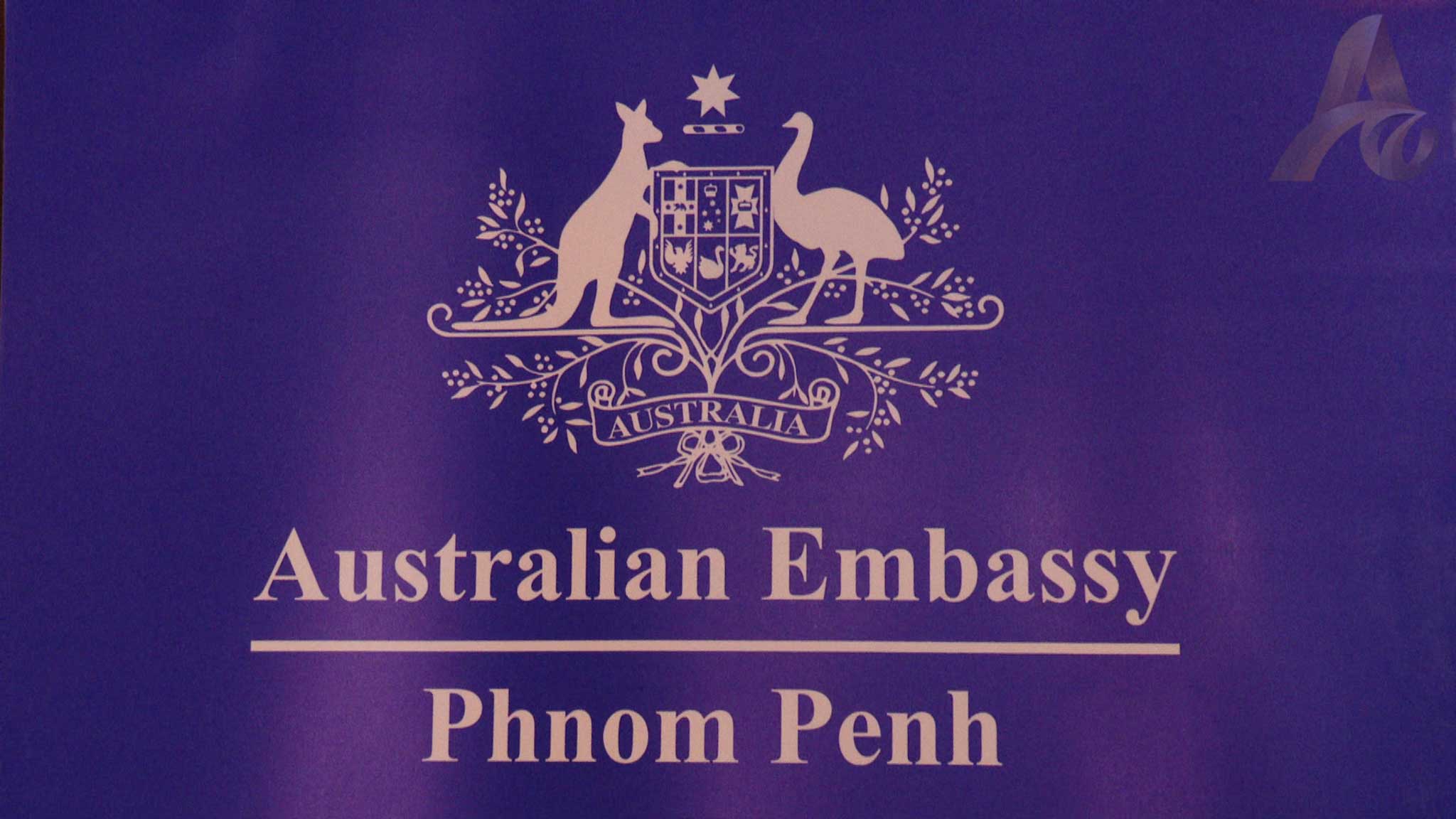
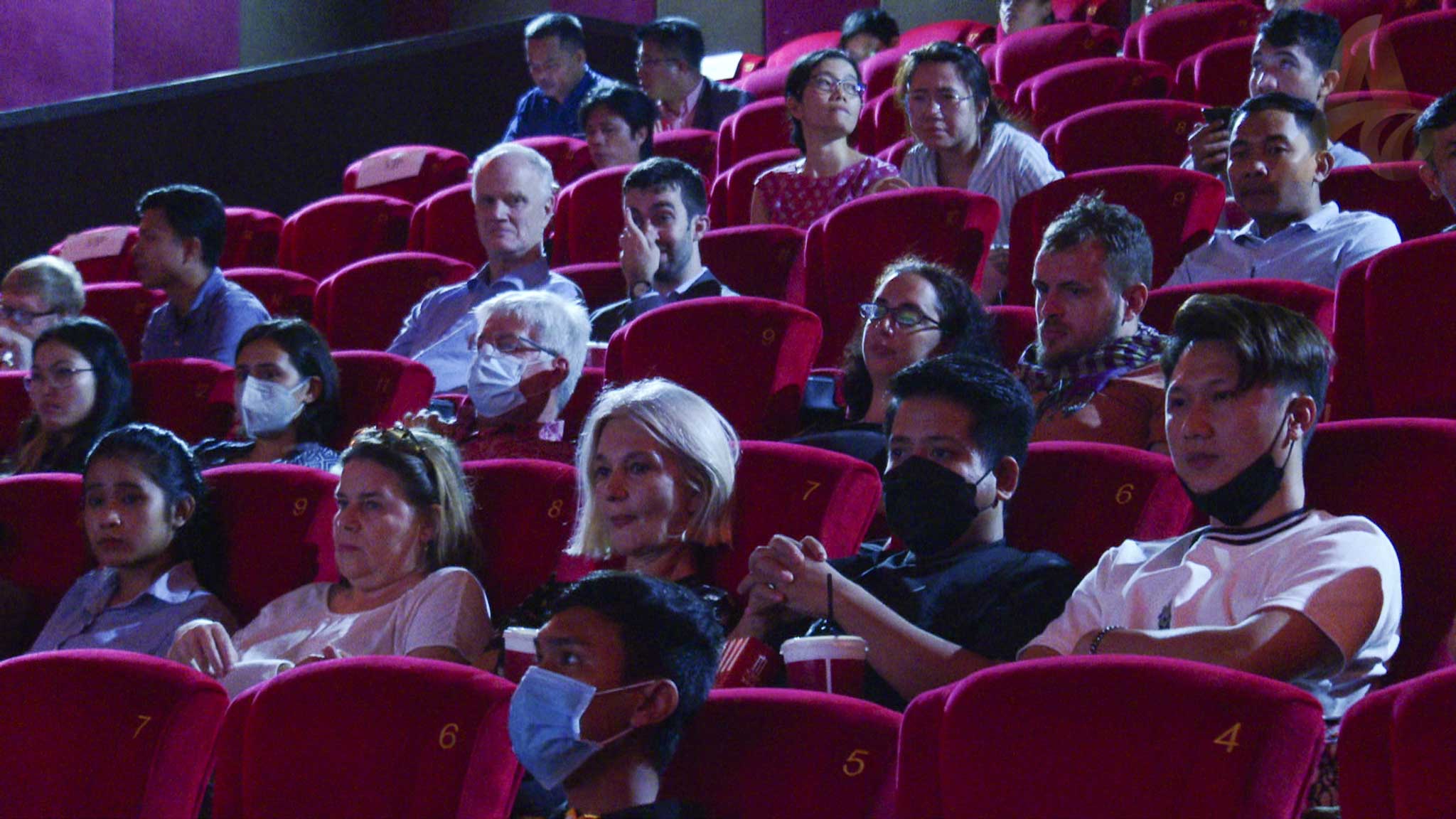
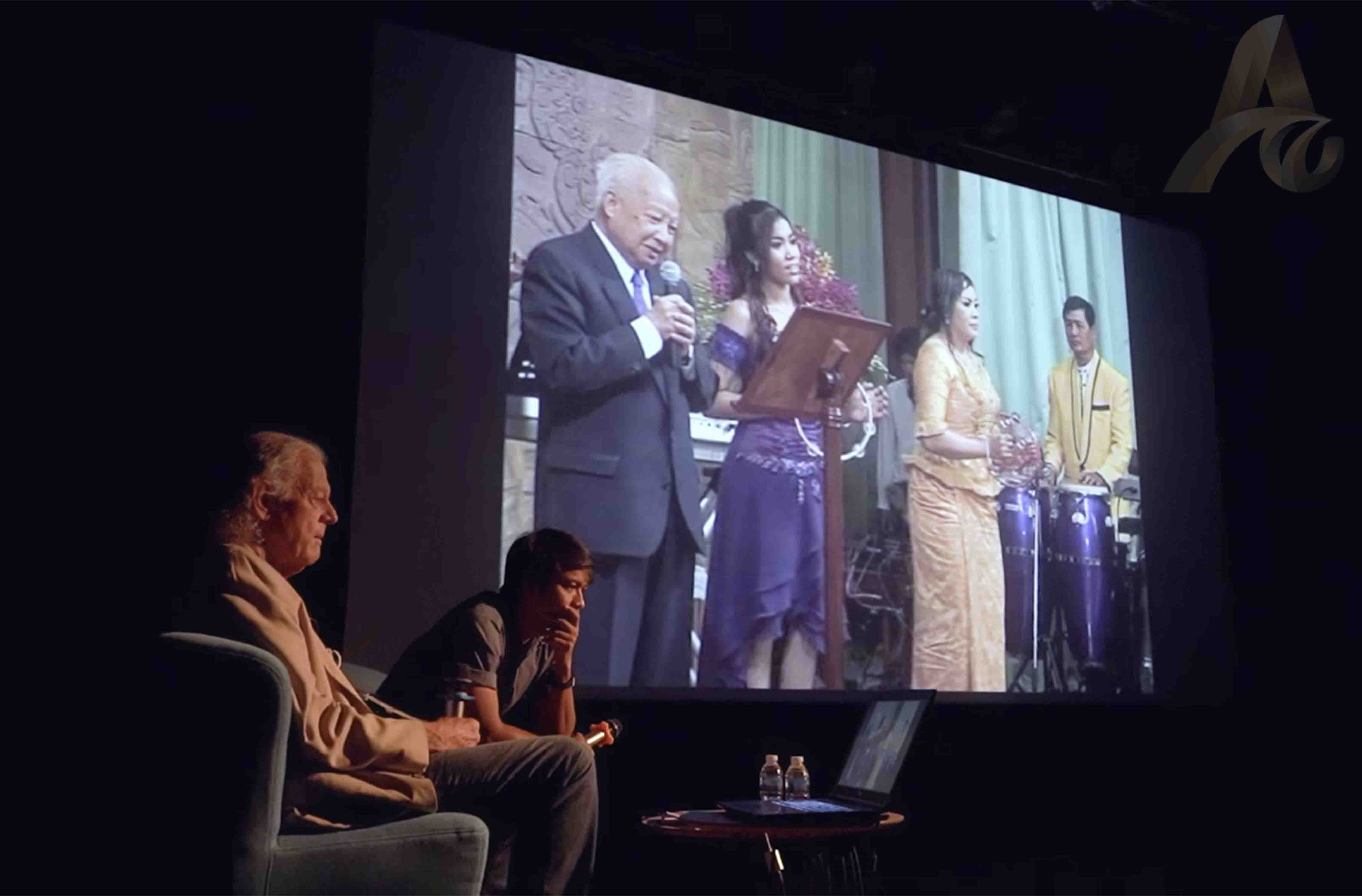
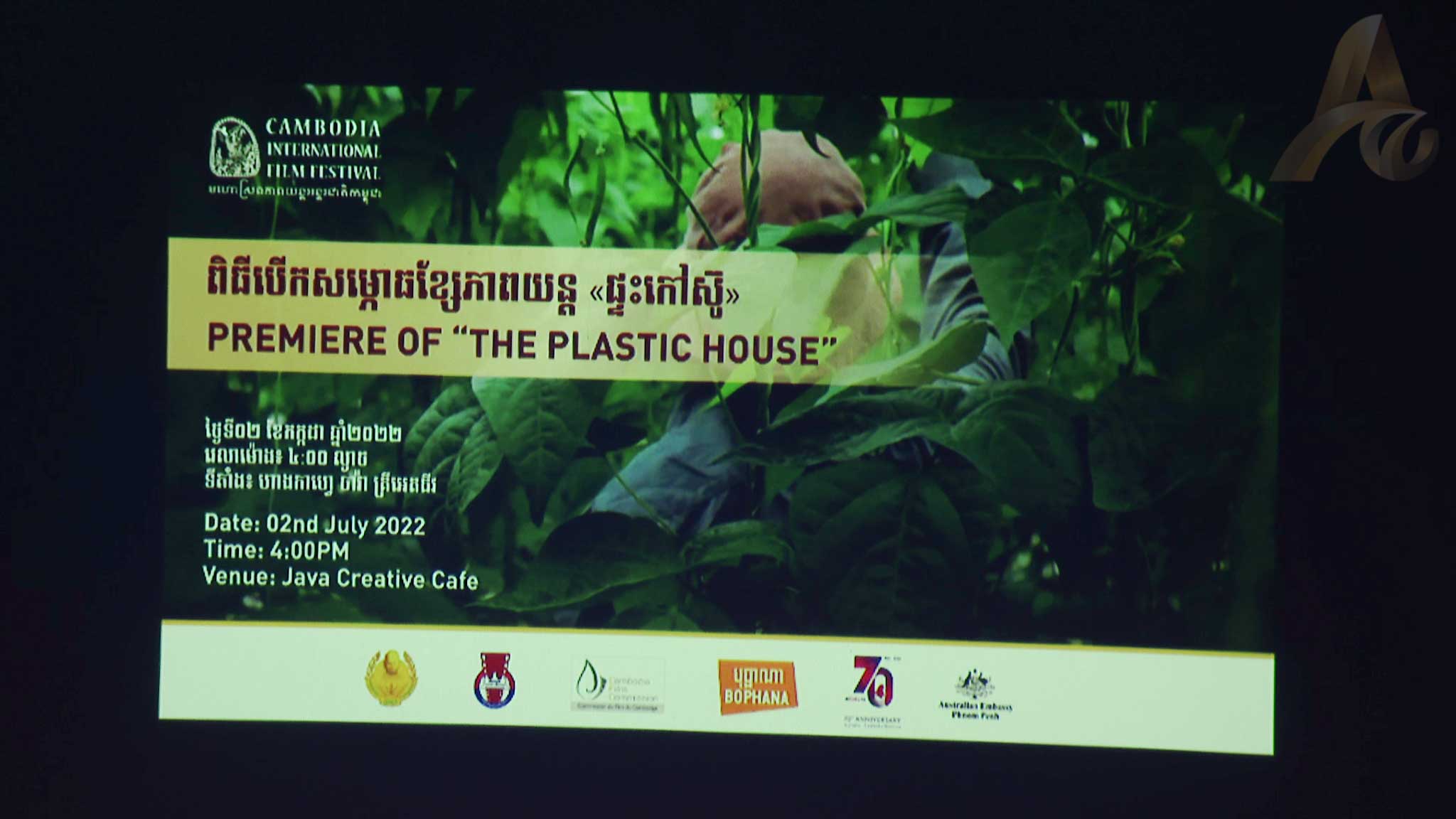
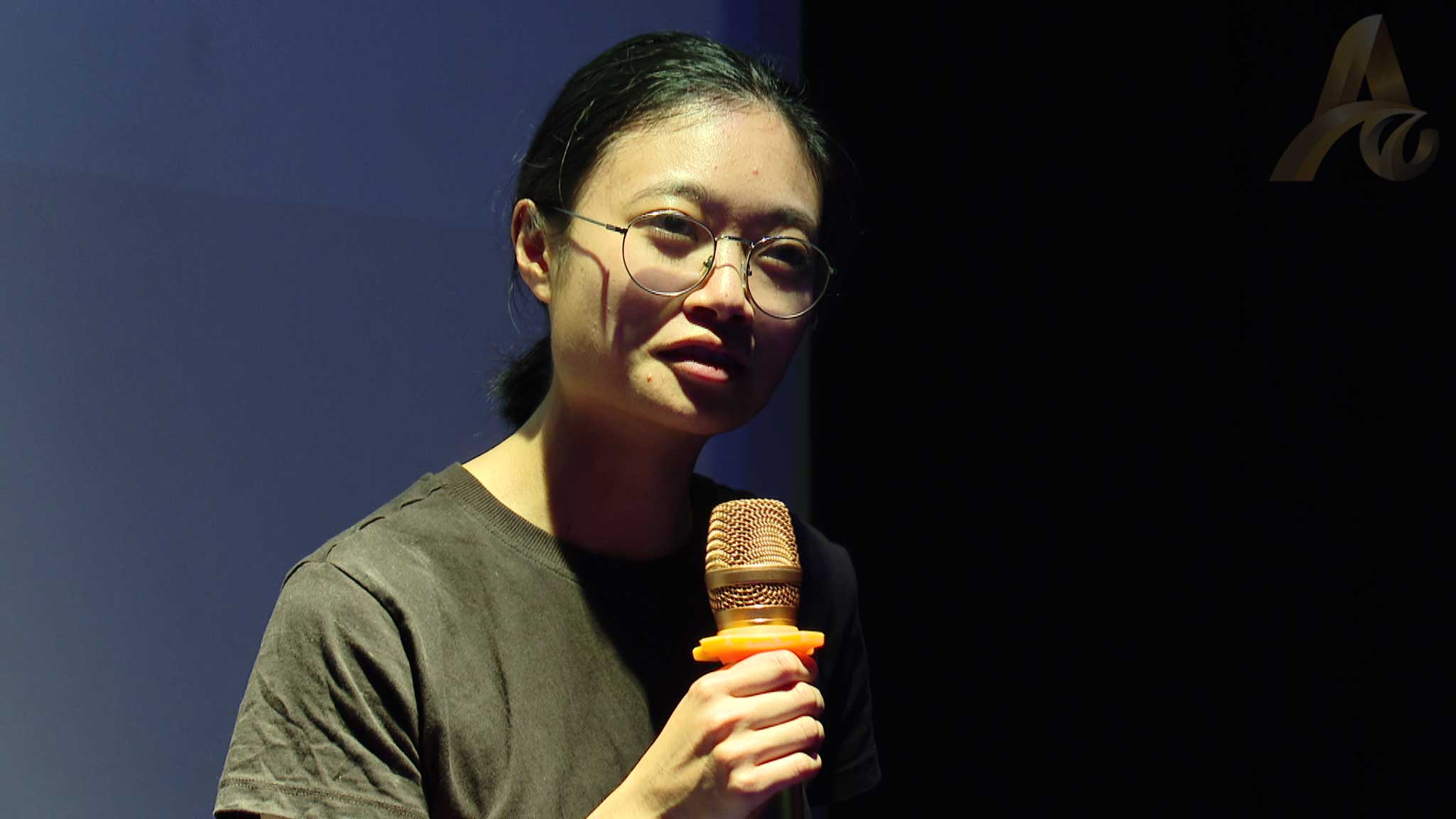
PHOTO: EAC NEWS















